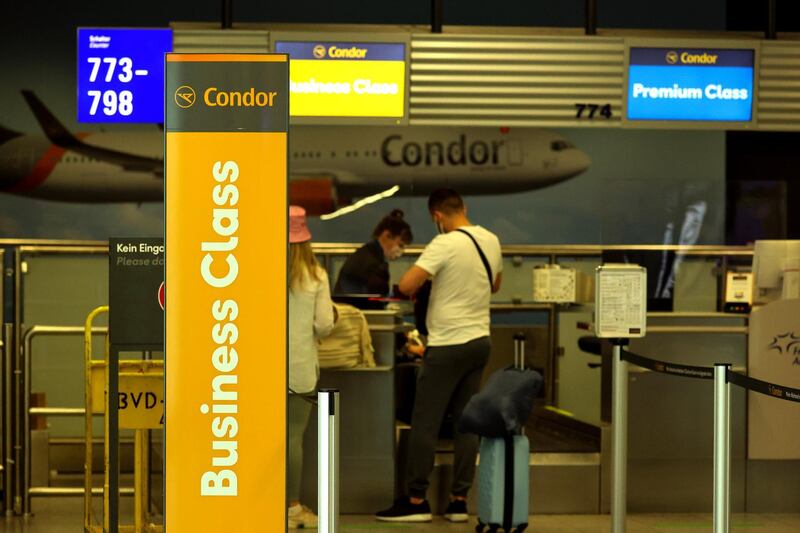Global executives believe business travel will be more important to drive success than ever before but the future of corporate trips depends largely on travel regulations, according to a new study by private jet operator VistaJet and WSJ Intelligence.
Some 81 per cent of business leaders surveyed emphasised the importance of business travel, indicating that a year of lockdowns have built up appetite for travel as companies gradually return staff to offices, the joint report titled, The Future of Business Travel: Driving Global Success, said.
Six in 10 respondents expect more in-person meetings in the future, compared to a typical year before the pandemic.
Among frequent private jet travellers who take eight or more private flights a year, 60 per cent plan to significantly increase in-person meetings, compared with 38 per cent of total respondents.
Business travel has been hit hard by the Covid-19 pandemic that shut borders, forced millions to work remotely and prompted companies to slash costs. Corporate travel is vital for airlines. Although it makes up just 12 per cent of airline passenger traffic, it accounts for roughly 20 to 30 per cent of airline revenue, according to the CAPA Centre for Aviation.
Of the reasons most likely cited for taking a private jet flight, 55 per cent of respondents said they would fly to save a client relationship worth more than $5 million.
Closing a deal worth more than $5m or attending an extremely important conference, such as the World Economic Forum, also ranked as priorities for a private flight among 46 per cent and 45 per cent of respondents, respectively.
"Some activities – where chemistry counts – simply cannot be done via a screen," the report said.
Future business travel depends largely on regulations, with 46 per cent of respondents waiting for destinations to reopen and 42 per cent wanting updated Covid-19 data and regulations for their destinations, the report said.
Some 36 per cent want improved support in case regulations change while they are on a trip and another 36 per cent are waiting for their companies’ travel policies to relax, the findings show.
Some executives are concerned about flexibility in travel – changing or cancelling their plans, booking at the last minute, or emergency repatriation if regulations should change mid-trip.
Cancelling business trips has caused companies to miss opportunities and their operations to take a hit.
Only 10 per cent of respondents said their companies had not restricted business travel, versus 27 per cent who said their companies allowed none at all, the report said.
Yet 97 per cent said their companies experienced negative impact directly related to business travel restrictions.
A third of the companies saw missed opportunities (34 per cent) and fewer deals closed (33 per cent).
“Some business travel is truly essential and having to forgo in-person trips came at a real cost to companies: any savings in travel budgets were exceeded by the cost of missed opportunities, sometimes worth several millions," Matteo Atti, executive vice president of marketing and innovation at VistaJet, said.







